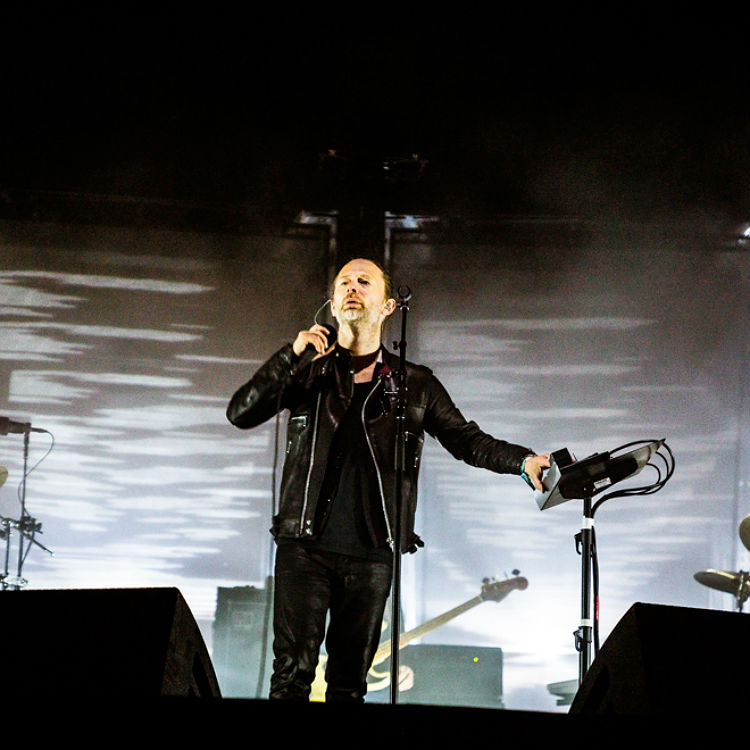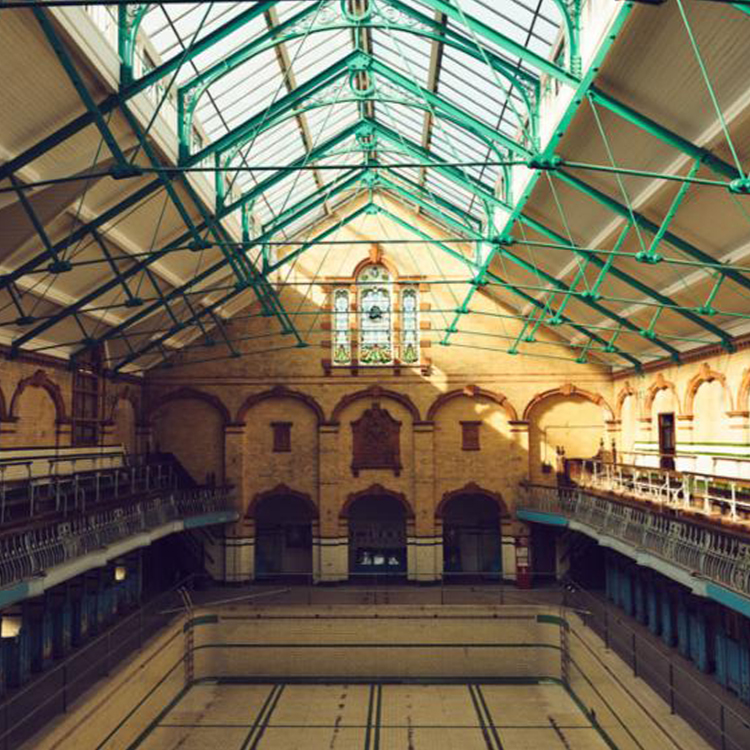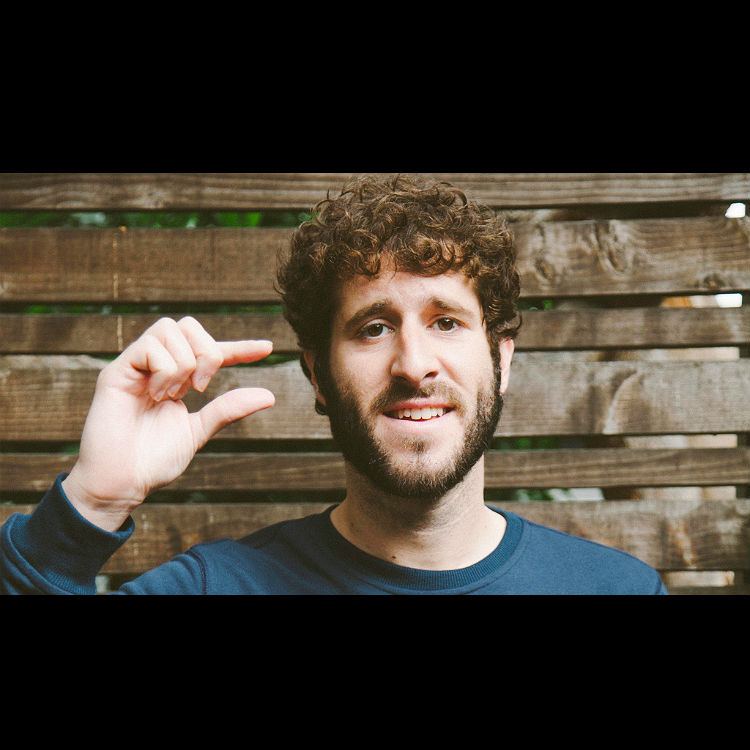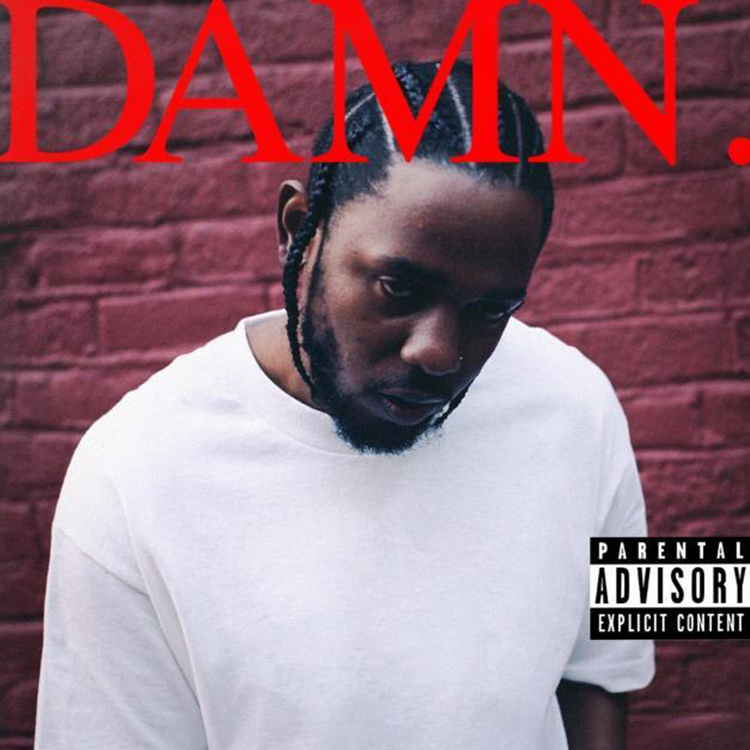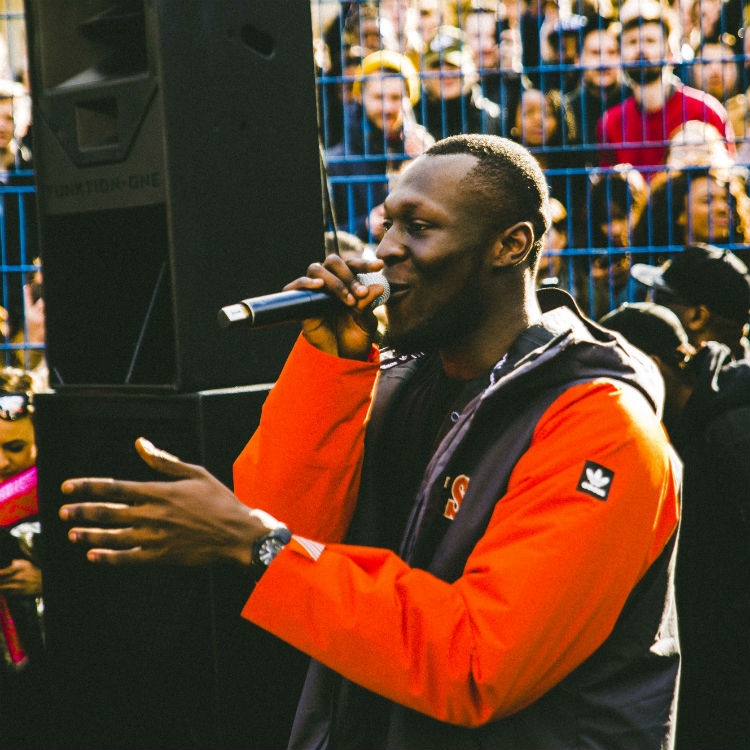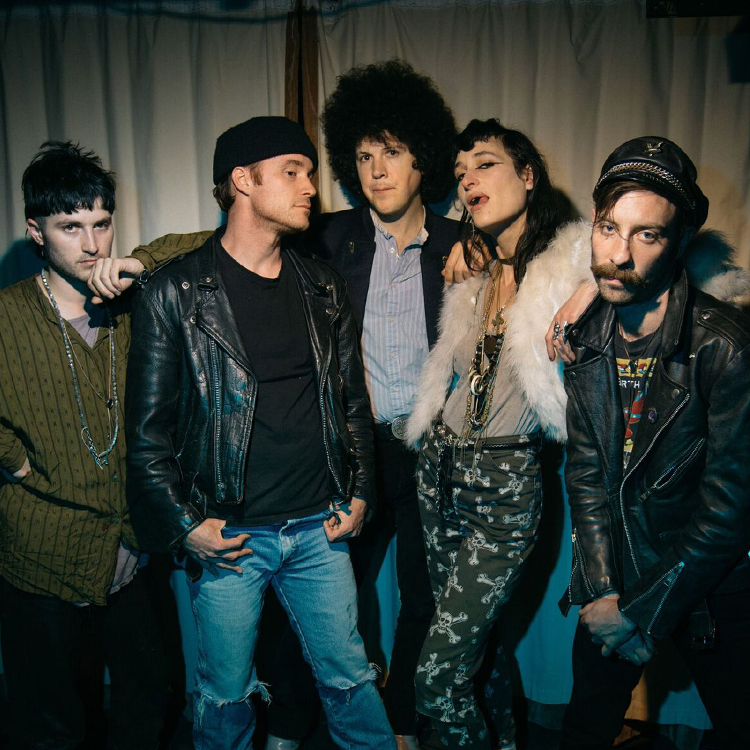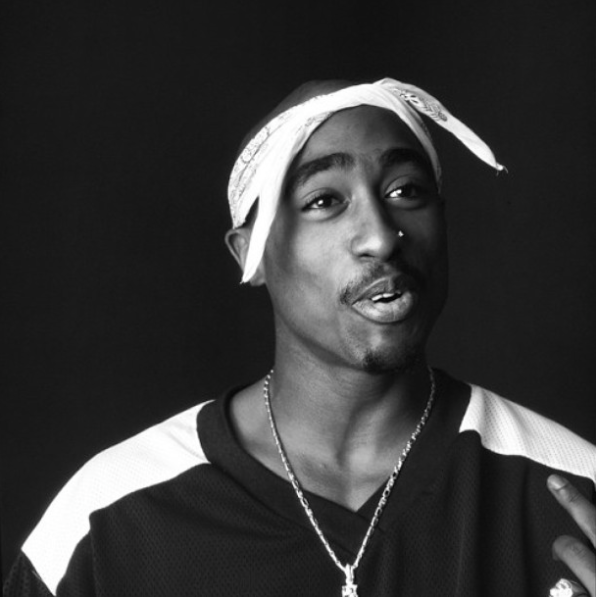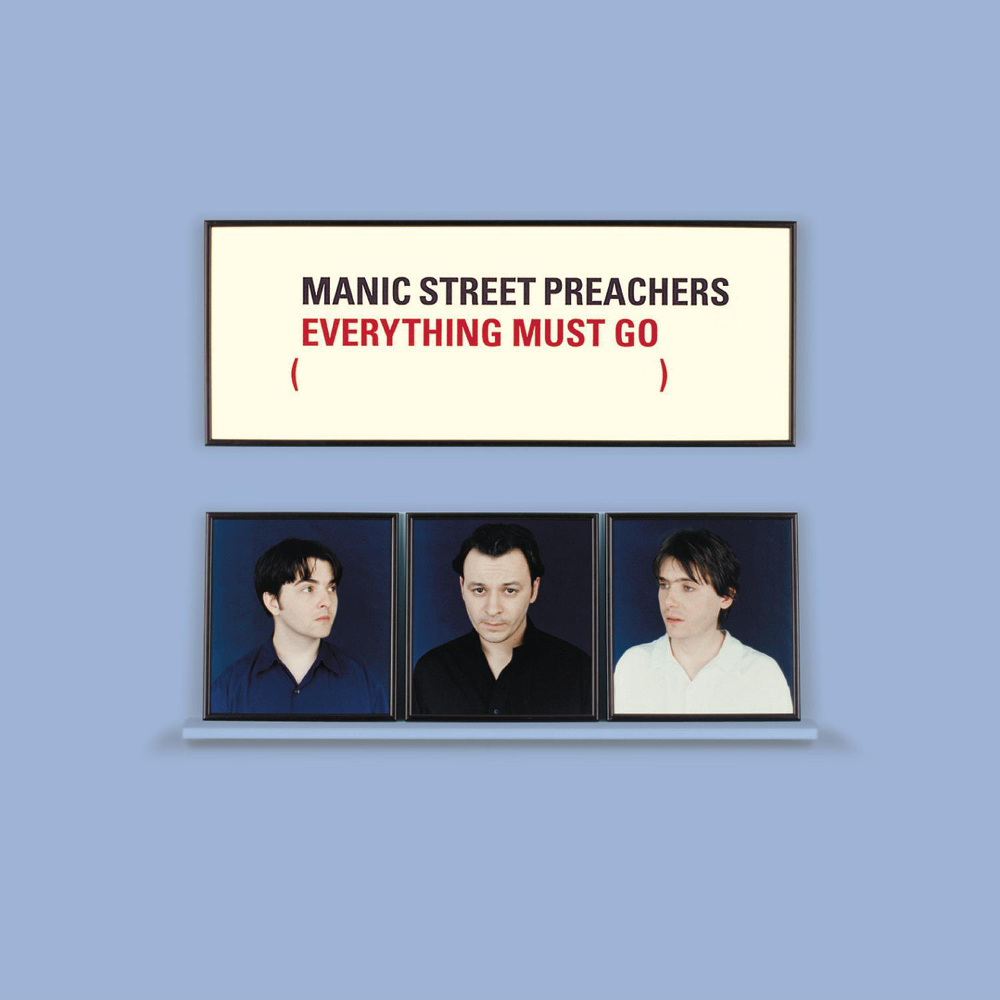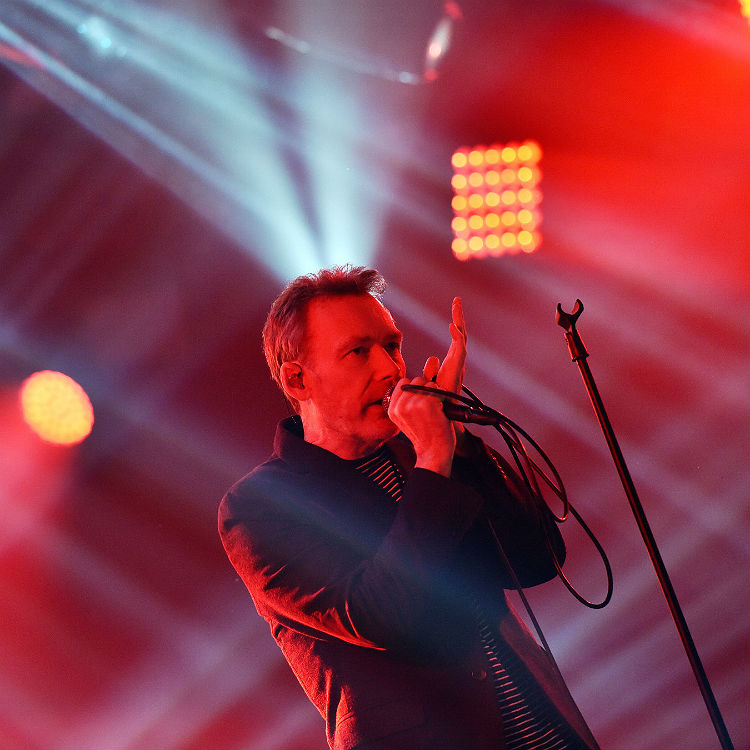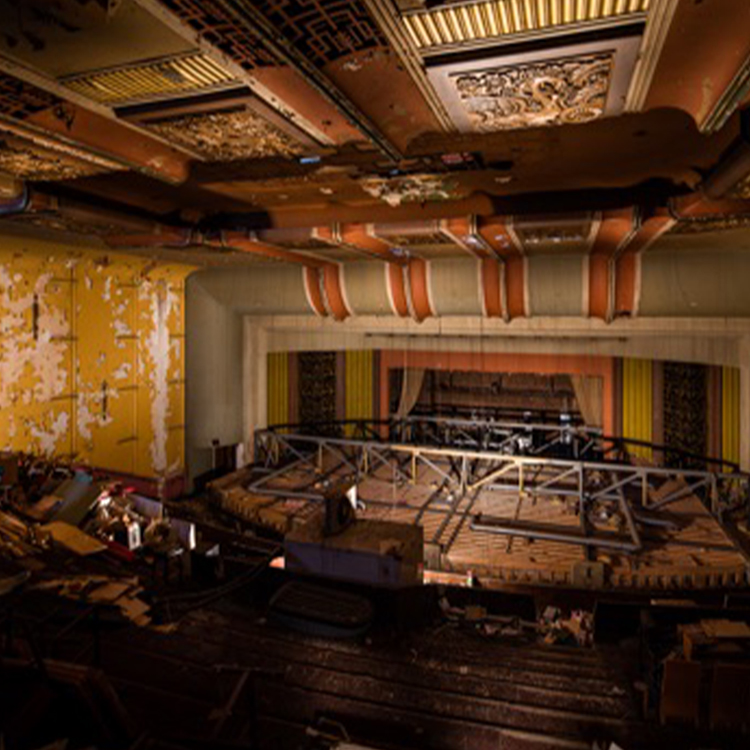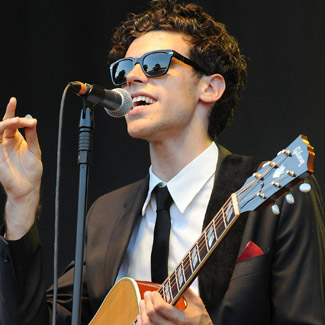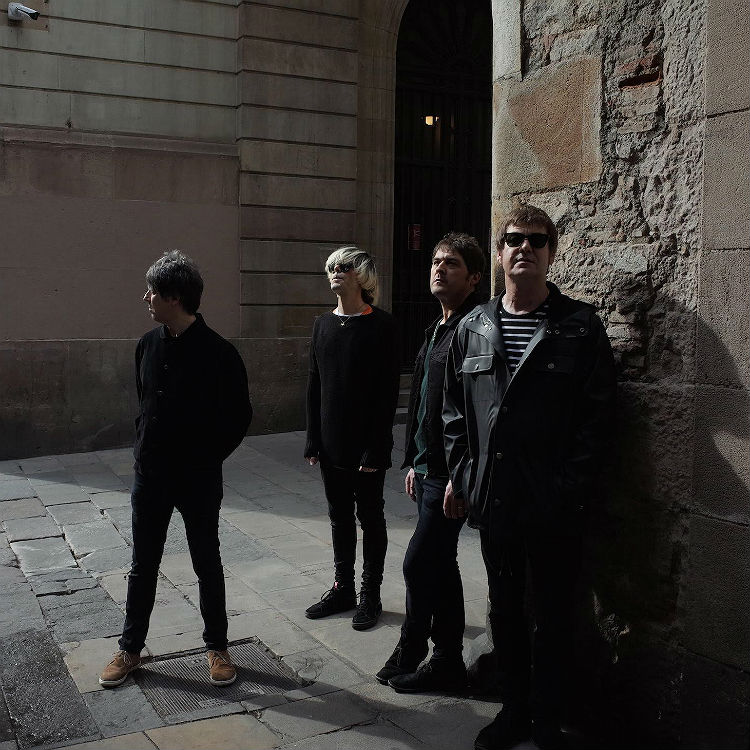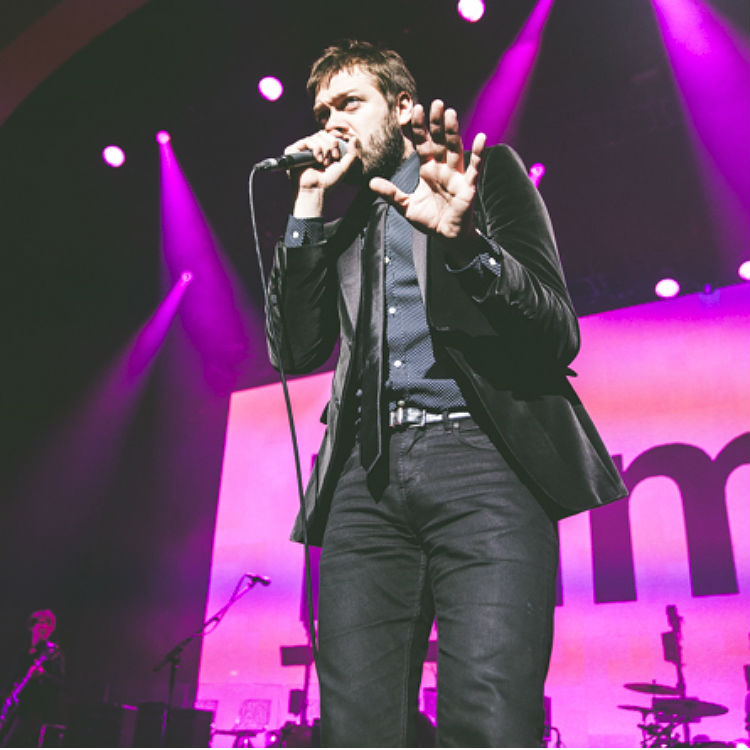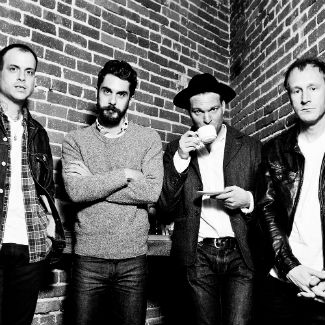I have always found myself struggling with access, it’s the thorn in my side. This is, for me, the most needlessly frustrating part of living with a disability in 2015. I say this knowing that the challenges I face because of it, be it restricted public transport availability or gig inaccessibility, are not insurmountable – far from it – they simply require an attitude shift.
Watch our documentary 'Access: What's It Like To Go To Gigs In A Wheelchair' above
My frustration boiled over a few months ago after being turned away from a Drenge show due to the venue’s lack of access. I had made the necessary checks in advance, as I always do, but found the reality to be a flight of stairs. I shouldn’t be surprised. A recent survey by the Music Venue Trust found that more than one third of the UK’s small venues offered no disabled access.
In response I went home and wrote 600 words of frustration, posted it on my blog, and sent it in as my ‘review’.
I had finally run out of patience at both my professionalism and love of music being tarnished through no fault of my own. It felt completely at odds with the beautifully universal nature of music, and the connections that can form at gigs. A universality that fails to recognise disability, or any other potential prejudicial barrier.
Personally, my real love for music began with the punk abandon of The Libertines’ Up The Bracket. I could feel the energy and emotion – it’s palpable urgency, and that excited me, made me want to live life, irrespective of my wheelchair.
Fortunately, the response to the Drenge post, culminating in the making of this documentary, has shown me I am not alone in my view that things can, and must, be changed.
The charity Attitude is Everything (AIE) is at the forefront of the fight. Led by Suzanne Bull, herself a wheelchair user, they have set-up a Charter of Best Practice, ranking venues in order of accessibility (a point expanded on in the documentary). Manchester’s Band on the Wall recently became the UK’s first small venue to be awarded ‘gold status’ for its commitment to deaf and disabled music fans. The O2 and Glastonbury festival are other larger ‘gold standard’ examples.
AIE also hold accessible club nights, one of which we recently reviewed, featuring sign language translations, an audio loop and live text lyrics. It was a sight to behold and melded seamlessly into the show.
But for faster change to happen there needs to be more awareness from within the industry, a change Jameela Jamil’s Why Not People? can be so influential in bringing about.
In our discussion she made the point that artists simply aren’t aware of the access problems, they only see a swathe of smartphones in front of them when on stage. However, once she approached artists like Ed Sheeran and Coldplay to perform at her accessible shows and explained the situation, they were shocked.
Ultimately, if the acts themselves start speaking out, venues will listen. They bring in the fans. They bring in the money. Disabled people can be part of that, harnessing a purchasing power of some £80 billion.
At present, venues (including listed buildings) rely on the vague legal term of ‘reasonable adjustment’ to wriggle free of the Equality Act, the legislation implemented to ensure universal access.
That term ‘reasonable’ is key because it provides a get out for any venues where changes might be deemed unreasonable, due to the cost, or reduced capacity. This means that arenas have far more of an obligation to improve accessibility than a small basement venue in a pub cellar, struggling from lack of finance. With listed buildings, improvements might not be reasonable if they do not preserve the heritage of the building, but they are not exempt and a number of listed buildings (Royal Albert Hall and KOKO) have made significant changes despite listed status.
Any new building or building undergoing renovations, is likely to have to consider accessibility as part of that work. So it’s usually the older, smaller buildings that can get away with poor access, but others should uphold the equal service demanded by the Equality Act.
The real problem with the law at the moment is enforcement. Nobody is really checking to ensure that people are meeting their legal obligations, so the onus is on the disabled customer to take the venues to court, which is a near impossible business and therefore few challenges have been made.
We also spoke to Mystery Jets' frontman Blaine Harrison - about the troubles of being disabled on stage and backstage as a performer.
Watch our documentary 'Access: What's It Like To Go To Gigs In A Wheelchair?' above
So, I end this by asking everyone to spread the word and this documentary. We all deserve a chance to enjoy music at its fullest. I’ll see you down the front!
Music in the documentary includes Nic Bommarito's 'Resting Your Eyes', which is provided by blocSonic.

